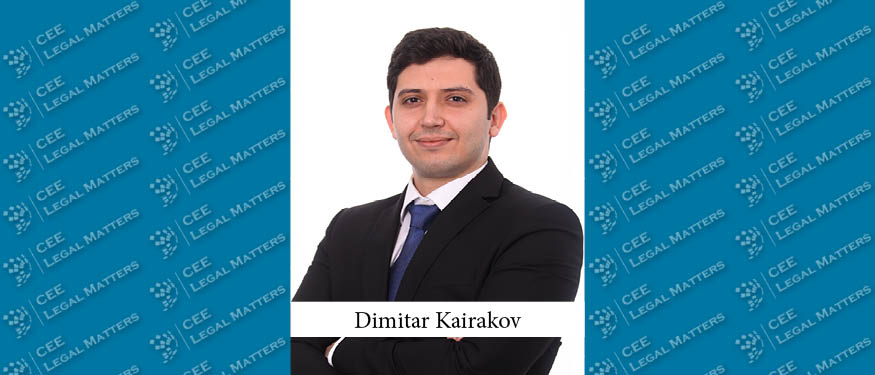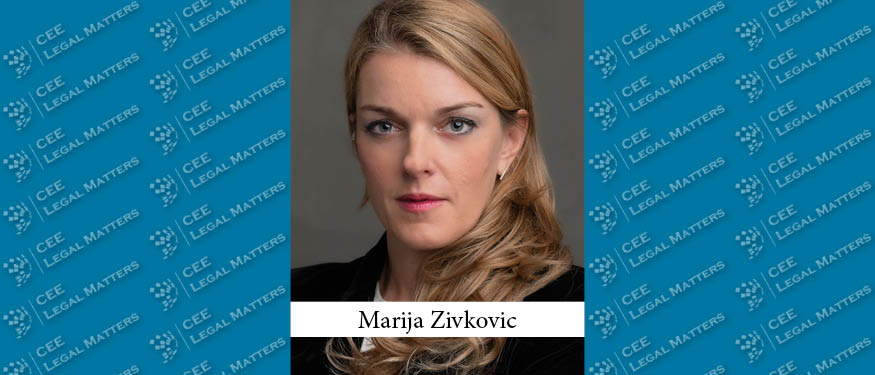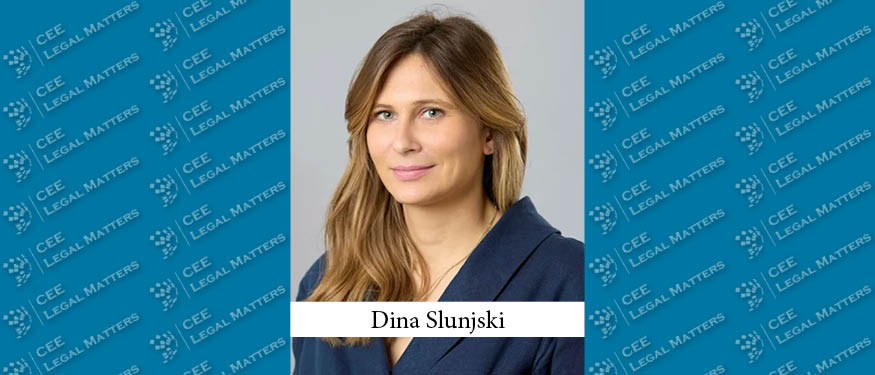The Bank of Albania has introduced a new regulatory framework on marketing and advertising by financial institutions, significantly enhancing consumer protection and transparency in the financial sector. The changes, enacted through Decision No. 11, dated 5 February 2025, amend the Regulation “On Transparency for Banking and Financial Products and Services” and enter into force on 1 May 2025.
New Energy Law in North Macedonia – Major Novelties for Development of Energy Capacities
Starting from 29 May 2025 a new Energy Law starts to apply in North Macedonia. This new regulatory framework serves for transposition of the Clean Energy Package into the national legislation and introducing major novelties, such as new development process for energy generation and storage capacities, integration of e-mobility to the electricity grid, additional possibilities for development of natural gas and heating networks, etc.
Slovakia: Has the Transposition of the Equal Pay Transparency Directive Finally Gained Momentum?
According to a preliminary legislative notice issued by the Ministry of Labour, Social Affairs and Family of the Slovak Republic and published on 15 May 2025, the Ministry is preparing a draft law on pay transparency.
Montenegro: PPPs – Legal Framework, Challenges, and Examples
PPPs represent a long-term collaboration between the public and private sectors, enabling more efficient construction, maintenance, and management of infrastructure, with an optimal distribution of risks and financial obligations.
Slovenia: Navigating Ljubljana’s Office Real Estate Landscape
Ljubljana, the capital of Slovenia, is currently witnessing a substantial increase in the development of Class A office spaces. Over the next three years, the city is set to introduce more than 100,000 square meters of new Class A office spaces. These developments are characterized by modern designs and a strong emphasis on sustainability, aiming to achieve energy certifications that are crucial for ESG compliance.
Slovakia: New Construction Legislation (Again), EIA, and Strategic Investments
Permitting of any projects is a long-standing problem in the Slovak Republic. It seemed that this problem would largely be solved by the new construction legislation that was approved in 2022 and was supposed to enter into force fully on April 1, 2024.
Bulgaria: Energy Storage Infrastructure on the Rise in Bulgaria
In recent years, Bulgaria has increasingly prioritized the development of energy storage infrastructure as part of its broader transition to a more sustainable and resilient energy system. With growing renewable energy capacity, particularly from solar and wind sources, the need for efficient storage solutions has become critical to balancing supply and demand.
Greece: Key Differences and Selection Criteria in Concession Agreements vs Public-Private Partnerships
Governments increasingly involve the private sector in infrastructure projects through concession agreements or public-private partnerships (PPPs). While both models attract private investment, they differ significantly in financial structures, risk allocation, and regulatory framework. Choosing the appropriate model depends on project objectives, revenue generation potential, and public sector involvement in funding and oversight.
Ukraine: Public-Private Partnership Legislative Transformation for Post-War Reconstruction in 2025
The year 2025 is poised to mark a significant legislative update in Ukraine’s public-private partnership (PPP) framework, representing a critical strategic approach to the country’s comprehensive post-war reconstruction efforts. The government, Parliament, and key stakeholders are actively preparing for an extensive rebuilding effort focused on infrastructure damaged during military hostilities. This process will rely on support from the European Union, the United States, international financial institutions, and other major donors.
Romania Moves Forward with Offshore Wind: Call for Expressions of Interest To Define Future Concession Zones
A critical preparatory step towards wind farm development in the Black Sea was taken on 16 May 2025, with the Ministry of Energy’s call for Expressions of Interest to prepare a specialized study identifying the Black Sea offshore zones suitable for wind farm development. The study is envisioned under Law 121/2024 on Offshore Wind Energy, a key component of Romania’s National Recovery and Resilience Plan (PNRR).
New Legal Framework for Real Estate Mediation and Leasing in Montenegro
The Draft Law on Mediation in the Sale and Lease of Real Estate, following public consultation in the summer of 2023, is expected to be submitted to Parliament for adoption shortly.
Cease and Desist From Opening the File!
If you have received a Cease and Desist (C&D) letter, it usually means that you have violated someone else’s intellectual property rights. However, this may not necessarily be the case if you are doing business in Croatia.
Obligations Regarding Disclosure of Regulated Information Have Been Reinstated: What Issuers Need To Know
On 1 April 2025, Resolution of the National Securities and Stock Market Commission of Ukraine (“Commission”) No. 28/21/1933/K03 dated 6 March 2025 (“Resolution”) entered into force. The Resolution establishes a new procedure for the disclosure of regulated information by securities issuers during martial law.
News from Moldova: One More Piece of Legislation to Combat Delayed Payment in Commercial Transactions
On 22 April 2025, Law No. 66/2025 on combating delayed performance of payment obligations in contracts between professionals or between professionals and public authorities was published ("Law No. 66").
The Issue of Purchasing Loan-Encumbered Real Estates Will Be Solved
The new Real Estate Registration Act that came into effect in January restructured the system for registering properties purchased in installments or subject to conditions, and introduced the so-called buyer's right. However, since January, there has been considerable debate regarding whether the buyer's right can be registered on properties involved in bank financing (and therefore under alienation and encumbrance prohibition). A recently enacted amendment to the law, however, resolves this issue.
Coup de Théâtre - the Austrian Supreme Court’s 180-Degree Shift on Loan Processing Fees
In a significant turn in Austrian jurisprudence, the Austrian Supreme Court handed down a landmark decision on February 19, 2025 (file number 7 Ob 169/24i) (2024 Ruling), revising its long-standing position on loan processing fees previously upheld since its judgement in 2016 (Austrian Supreme Court 30.03.2016, 6 Ob 13/16d).
Overview of Recent Efforts to Reform Spatial Planning and Construction Regulation in Slovakia
Over the past several years, Slovakia has witnessed numerous legislative initiatives aimed at reforming the frameworks for spatial planning and construction permitting. These initiatives were designed to modernize outdated procedures, enhance legal certainty, and accelerate construction development.
New Amendment Eases Data Transfer Rules from North Macedonia to NATO Nations
On 14 May 2025, significant changes were made to North Macedonia’s personal data protection legislation. The Assembly of the Republic passed an amendment to expand the nations where personal data can be shared freely, without facing third-country transfer restrictions.





























